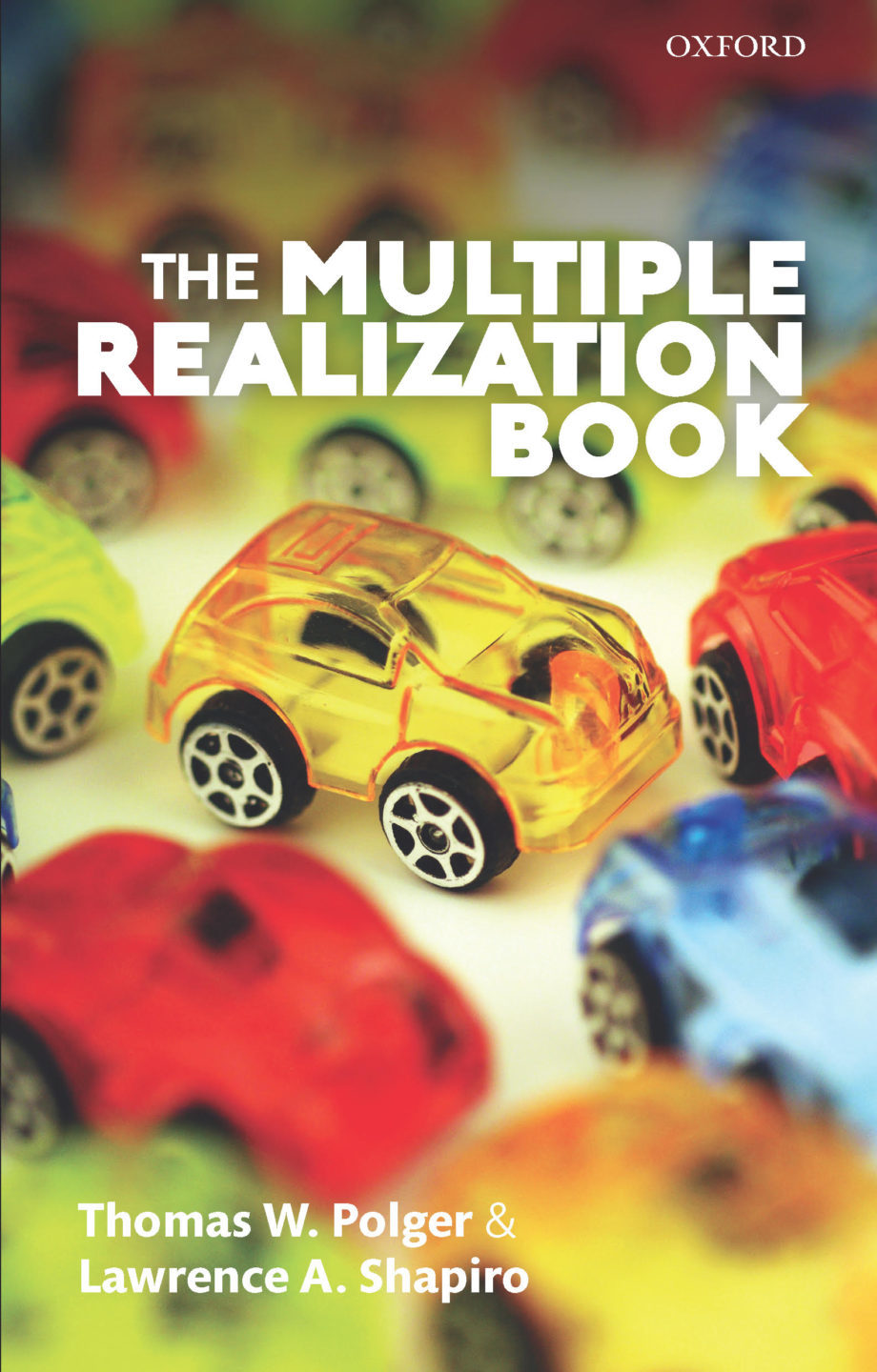The Multiple Realization Book: Précis
First, we’d like to thank John Schwenkler for giving us the opportunity to talk about The Multiple Realization Book (OUP 2016) on Brains. For about twenty years we’ve each been trying to understand the phenomenon of multiple realization and its importance in philosophy of mind and philosophy of science. In …


